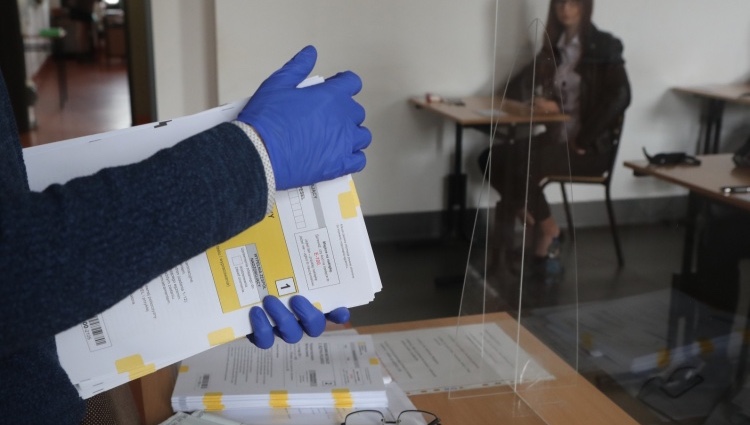The premiere of the film “25 Years of Innocence” directed by Jan Holoubek opened on Thursday the 27th edition of the festival organized in Hungary. All films will be presented online.
This year’s Polish Spring Film Festival to be held from May 6 to 10. It will feature five-film, including one about Cardinal Stefan Wyszynski.
Until Monday, viewers will also be able to see: “Never Cry” directed by Piotr Domalewski, “Breaking the Limits” by Łukasz Palkowski, “A Cat with a Dog” by Janusz Kondratiuk and “The Primate – Three Years Out of a Thousand” by Teresa Kotlarczyk.
The festival is organized by the Polish Institute in Budapest. Joanna Urbańska, the director of the Institute, told the Polish Press Agency (PAP) that the program of the festival included new films – hence the opening image – but also older proposals worth recalling due to their high artistic value and message.
As she emphasized, the film about Cardinal Stefan Wyszyński will be presented because of the 120thanniversary of his birth and 40th anniversary of his death as well as his upcoming beatification.
The motto of the festival is “Never lose hope, there is a way out of every situation”. Urbańska pointed out that all proposed films proved through the fates of their characters that even from the most dramatic situations we can find a way out thanks to faith, hope and the selfless help of people of goodwill who appear on our way.
“We wanted not only to acquaint the audience with the latest achievements of Polish cinematography but also to influence the state of mind through culture. It is well known that the current situation is not very optimistic for the general public. But culture is also able to fill people with a lot of positive emotions in such situations,” she pointed out.











